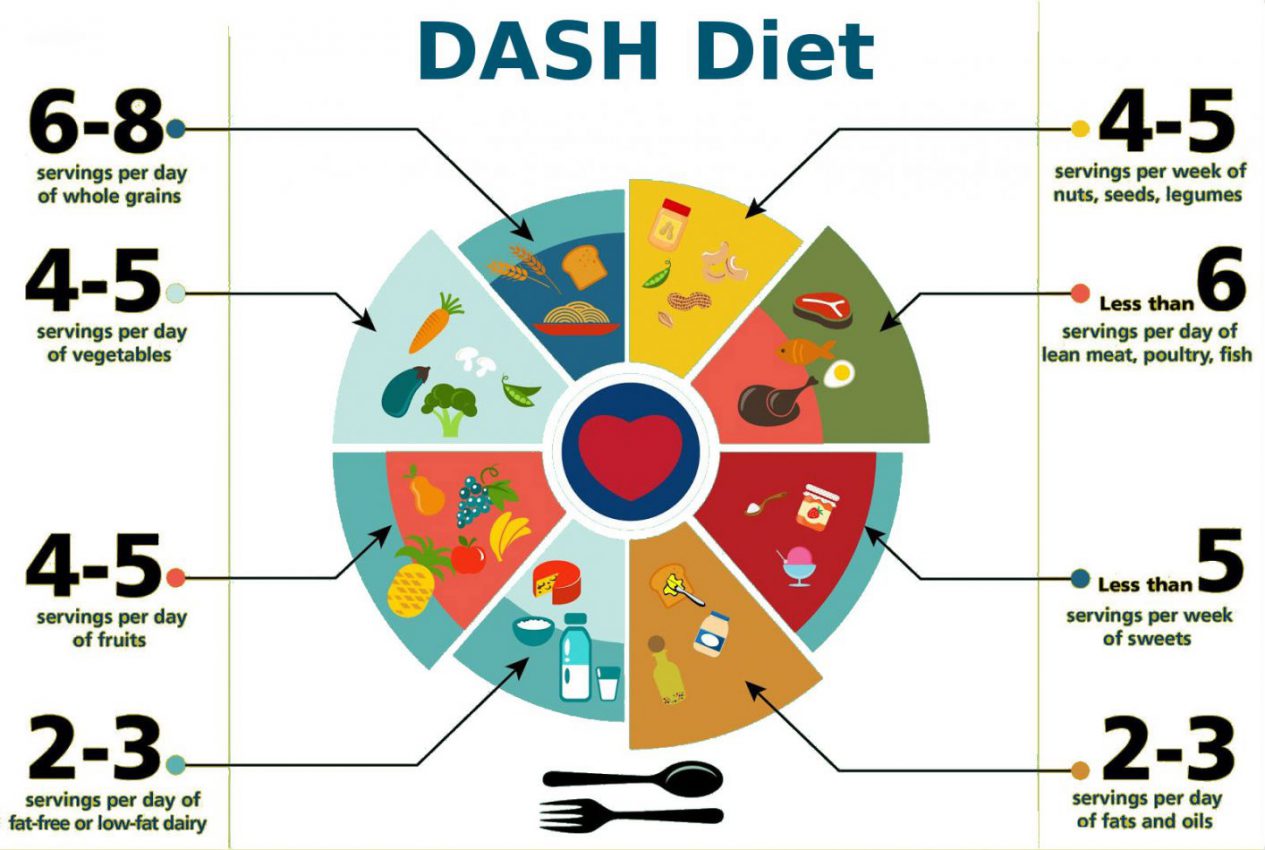In December 2018 researchers from the USA published the results of their study to assess whether alcohol use is associated with increased survival amongst older individuals with heart failure. A … Read more
Dietary exposure to polychlorinated biphenyls through the consumption of fish appears to be associated with an increased risk of heart failure in both women and men whilst an intake of long-chain omega-3 fatty acids is associated with a reduced risk
In May 2019 researchers from Sweden published the results of their study to assess the association between dietary exposure of polychlorinated biphenyls and risk of heart failure, taking into consideration … Read more
An anti-inflammatory diet appears to reduce the risk of heart failure in current and ex-smokers but not in never smokers
In January 2020 researchers from Sweden, Poland and the USA published the results of their study to assess the association between an anti-inflammatory diet and risk of heart failure taking … Read more
Low vitamin D levels are associated with an increased risk of cardiovascular disease
In June 2019 researchers from Italy published their review of the medical scientific literature to assess the association between vitamin D and cardiovascular disease. Results showed that there is consistent … Read more
Based on current research, routine vitamin D supplementation is not recommended for children after the second year of life – even when they have levels below the normal range
In May 2019 researchers from Germany published a joint position paper on behalf of the Committee on Nutrition, German Society for Pediatric and Adolescent Medicine and the German Society for … Read more
Use of solid fuels for cooking increases the risk of both cardiovascular disease and respiratory disease
In May 2019 researchers from the USA, Canada, Brazil, Pakistan, Zimbabwe, Philippines, South Africa, India, Chile, China, Colombia, Bangladesh and Canada published the results of their study to assess the … Read more
Moderate-intensity aerobic exercise appears to significantly reduce the level of depression in individuals with congestive heart failure
In April 2019 researchers from Saudi Arabia and Egypt published the results of their study to assess the influence of moderate-intensity continuous aerobic exercise on the level of depression in … Read more
CoQ10 supplementation has been shown to reduce fatigue levels in individuals with fibromyalgia, statin-related fatigue, multiple sclerosis and end-stage heart failure, as well as in healthy individuals
In April 2019 researchers from Iran published their review of the medical scientific literature to assess the effect of Coenzyme Q10 (CoQ10) supplementation on fatigue experienced by adolescents and adults. … Read more
A higher consumption of dietary cholesterol appears to be significantly associated with a higher risk of incident cardiovascular disease
In March 2019 researchers from the USA published the results of their study to assess the association of dietary cholesterol or egg consumption with cardiovascular disease (fatal and non-fatal coronary … Read more
Well planned vegetarian diets not only reduce the risk of coronary heart disease but are also able to reverse it, including atherosclerosis, as well as being able to reduce cardiovascular disease risk factors
In May 2018 members of the USA published their overview of vegetarian diets. They stated that cardiovascular disease is globally the leading cause of death, being responsible for 46% of … Read more
Mediterranean and DASH diets may be associated with a reduced the risk of heart failure
In January 2018 researchers from Brazil published their review of the medical scientific literature to assess the association between different dietary patterns on the risk of heart failure. Several dietary … Read more
A multidisciplinary disease management programme, with and without exercise, for individuals with heart failure leads to significantly lower rehospitalization rates
In June 2018, researchers from Taiwan published the results of their study to assess the effect of a multidisciplinary disease management programme, with and without exercise, in 212 individuals hospitalized … Read more
Chocolate 3-6 servings per week appears to reduce the risk of hospitalisation or dying from heart failure but more than this and the risk increases
In January 2017 researchers from the USA and Sweden published the results of their study to assess the association between chocolate consumption and heart failure. 31,917 men aged 45-79 years, … Read more
Chocolate 45g per week appears to reduce the risk of cardiovascular disease
In June 2018 researchers from China published their review of the scientific literature to assess the effect of chocolate on risk of cardiovascular disease. A total of 23 studies involving … Read more
DASH diet* turns 21 in 2018 – scientifically proven to lower blood pressure levels and cholesterol, plus reduces the risk of several types of cancer, heart disease, stroke, heart failure, kidney stones, diabetes type 2, depression and even slow the progression of kidney disease
In April 1997 researchers from the USA published the results of their study to assess the effect of dietary patterns on blood pressure levels. 459 adults with systolic blood pressures … Read more















